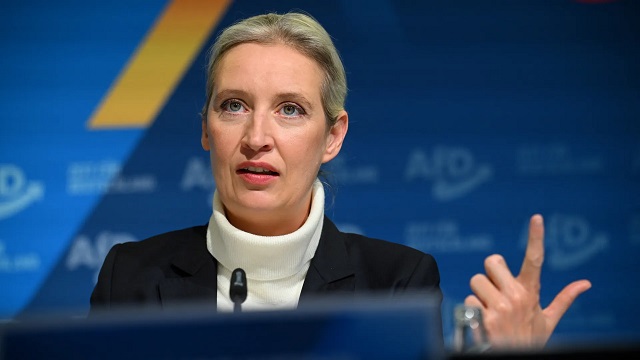Rubio Criticizes Germany for Labeling Far-Right AfD Party as ‘Extremist’
U.S. Senator Marco Rubio has strongly criticized Germany for labeling the far-right political party, Alternative for Germany (AfD), as an “extremist” group. Germany recently made the decision to classify the AfD as a threat to democracy due to its controversial views and actions.
Rubio, a prominent Republican senator from Florida, voiced his concerns on social media, arguing that Germany’s move was an attack on free speech and political freedom. “This decision undermines the rights of political parties to express their views, even if those views are unpopular,” Rubio stated.
The AfD, which was founded in 2013, has gained significant support in recent years, especially from people unhappy with Germany’s immigration policies and the European Union. The party’s positions on immigration, nationalism, and Euroscepticism have made it a polarizing force in German politics.
Germany’s government and security agencies have accused the AfD of promoting extremist ideologies, particularly in its approach to immigration and its ties to far-right movements. Officials say the party’s rhetoric can encourage hate speech and division in German society. In response, the government has increased surveillance of AfD members and their activities.
Senator Rubio argued that while the AfD’s views may be controversial, they should not be banned or silenced. He emphasized that political disagreements, even with extreme views, should be handled through democratic processes and public debate, rather than through government censorship.
Rubio’s comments have sparked a debate about the balance between protecting democracy and ensuring freedom of expression. While some defend Germany’s actions as necessary to protect society from dangerous ideas, others agree with Rubio, saying that labeling a political party as extremist can set a dangerous precedent.
Germany’s move has also raised concerns about how other countries might follow suit, leading to more restrictions on political parties that hold controversial views. Critics argue that this could lead to the suppression of legitimate political debate in democracies.

